Mark Ellis - Race Harmony and Black Progress: Jack Woofter and the Interracial Cooperation Movement
Here you can read online Mark Ellis - Race Harmony and Black Progress: Jack Woofter and the Interracial Cooperation Movement full text of the book (entire story) in english for free. Download pdf and epub, get meaning, cover and reviews about this ebook. year: 2013, publisher: Indiana University Press, genre: Politics. Description of the work, (preface) as well as reviews are available. Best literature library LitArk.com created for fans of good reading and offers a wide selection of genres:
Romance novel
Science fiction
Adventure
Detective
Science
History
Home and family
Prose
Art
Politics
Computer
Non-fiction
Religion
Business
Children
Humor
Choose a favorite category and find really read worthwhile books. Enjoy immersion in the world of imagination, feel the emotions of the characters or learn something new for yourself, make an fascinating discovery.

- Book:Race Harmony and Black Progress: Jack Woofter and the Interracial Cooperation Movement
- Author:
- Publisher:Indiana University Press
- Genre:
- Year:2013
- Rating:4 / 5
- Favourites:Add to favourites
- Your mark:
Race Harmony and Black Progress: Jack Woofter and the Interracial Cooperation Movement: summary, description and annotation
We offer to read an annotation, description, summary or preface (depends on what the author of the book "Race Harmony and Black Progress: Jack Woofter and the Interracial Cooperation Movement" wrote himself). If you haven't found the necessary information about the book — write in the comments, we will try to find it.
Founded by white males, the interracial cooperation movement flourished in the American South in the years before the New Deal. The movement sought local dialogue between the races, improvement of education, and reduction of interracial violence, tending the flame of white liberalism until the emergence of white activists in the 1930s and after. Thomas Jackson (Jack) Woofter Jr., a Georgia sociologist and an authority on American race relations, migration, rural development, population change, and social security, maintained an unshakable faith in the effectiveness of cooperation rather than agitation. Race Harmony and Black Progress examines the movement and the tenacity of a man who epitomized its spirit and shortcomings. It probes the movements connections with late 19th-century racial thought, Northern philanthropy, black education, state politics, the Du Bois-Washington controversy, the decline of lynching, the growth of the social sciences, and New Deal campaigns for social justice.
Mark Ellis: author's other books
Who wrote Race Harmony and Black Progress: Jack Woofter and the Interracial Cooperation Movement? Find out the surname, the name of the author of the book and a list of all author's works by series.

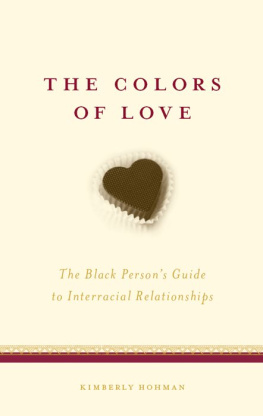
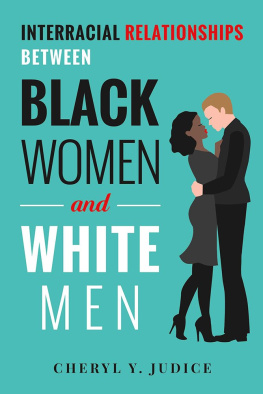
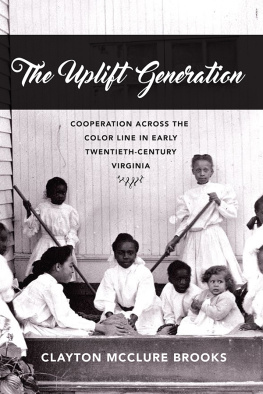

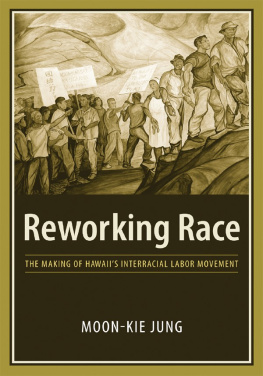
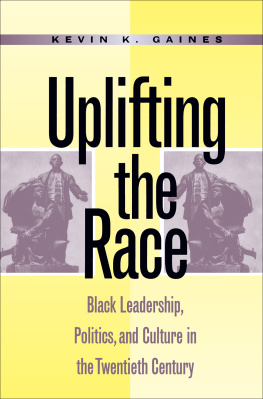
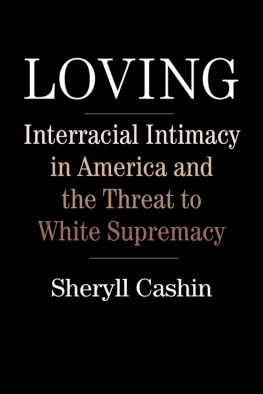

 The paper used in this publication meets the minimum
The paper used in this publication meets the minimum